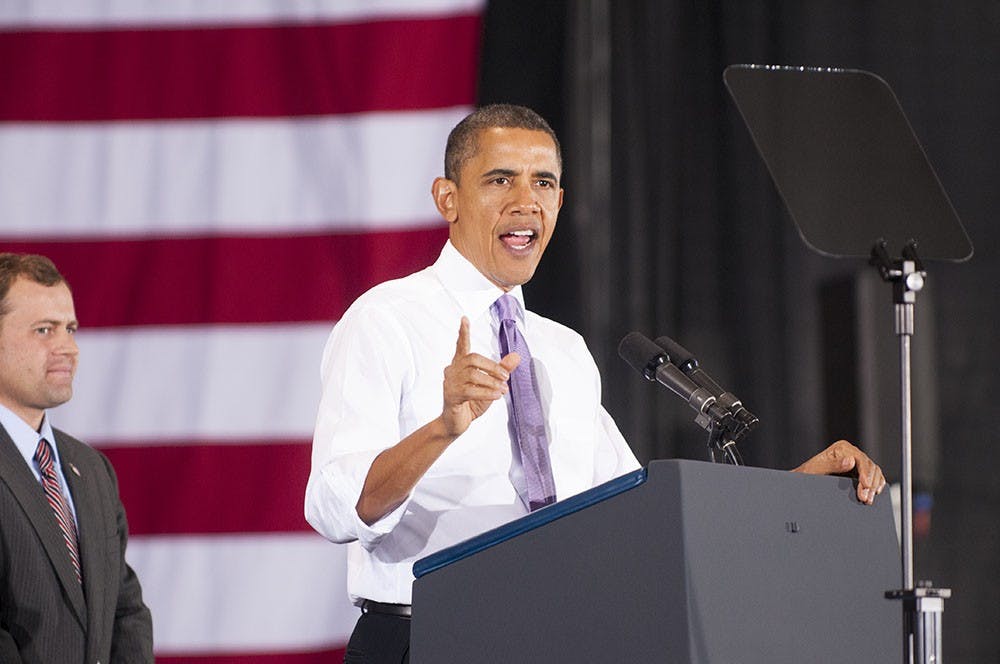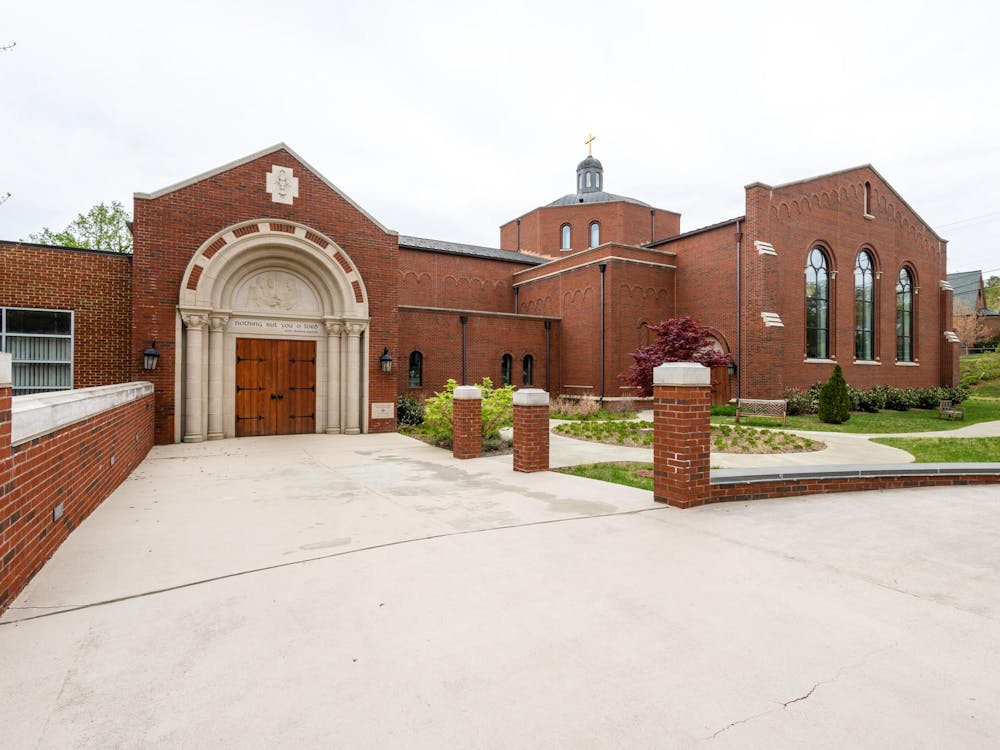The White House announced the launch of a new "It's On Us" sexual assault prevention initiative Friday, a new public awareness effort to help curb sexual assault on college campuses.
The campaign was driven by the White House’s Task Force to Protect Students from Sexual Assault, convened in January 2014. In April, the Task Force launched the “1is2many” public service announcement and the “Not Alone” Report to more effectively address sexual assault on college campuses.
The University is one of close to 200 universities which have partnered with the “It’s On Us” campaign.
Associate Dean of Students Nicole Eramo said her office is considering how the campaign will function with pre-existing sexual assault awareness groups on Grounds.
“It’s really a media campaign, it’s not really programming what [groups like] '1 in 4' [does],” Eramo said. “It can certainly enhance and be another component of what they can offer, or how to raise awareness for their own programming.”
“It’s On Us” stresses the importance of male involvement against sexual misconduct. Eramo said the Office of the Dean of Students is considering asking the Inter-Fraternity Council to adopt some of the practices advocated by the campaign.
“We were actually planning to approach some of the men’s athletic teams,” Eramo said. “NCAA has adopted the program, so I don’t know if it’s actually going to come down from the NCAA as well. … We’re looking at different men’s organizations and how they might integrate into some of their programs since it is focused on engaging men.”
University alumna Emily Renda, who worked with the White House Task Force last spring and interns in the University Office of Student Affairs, said the new campaign will change the language used to discuss sexual assault prevention.
“Men weren’t particularly engaged with sexual violence prevention because the only thing we were really pushing as part of [it] was ‘don’t rape people,’ which is not exactly a very proactive thing to tell people to do,” Renda said. “The language is starting to shift more to healthy conversations about healthy sexuality and consent, and having those for both men and women as kind of an engagement point.”
Renda said the changed approach will involve men who have felt alienated and broadly characterized as perpetrators of sexual violence, as well as women who have felt alienated and broadly characterized as victims.
“This campaign and the stuff that U.Va. is already doing, is irrespective of gender saying ‘it is, in fact, our responsibility just as individuals and humans, regardless of our gender,’” she said. “It’s a lot about pulling back on the victim-perpetrator dichotomy we were using before.”
“It’s On Us” follows the path of University initiatives like “Hoos Got Your Back” and “Not On Our Grounds” in stressing the importance of bystander education and intervention against sexual assault.
“We intended for 'Hoos Got Your Back' to be an introduction to bystander [intervention], and to raise awareness for how important bystanders can be in fighting sexual misconduct,” Eramo said. “We kind of considered it our first step, and our next step is working on developing and implementing some training programs for students, so I think you’ll see more of that coming towards the end of this semester and into the spring semester.”
“It’s On Us” will work alongside the University’s sexual assault awareness groups to empower the initiative on Grounds.
“What [“It’s On Us”] will hopefully do is augment the messaging we already have,” Renda said. “The hope is that “It’s On Us” can … be some sort of sub-campaign within [the] broader, more University specific [groups], because we want to keep the language that’s relevant to our community, while still looking into the national prevention effort.”







